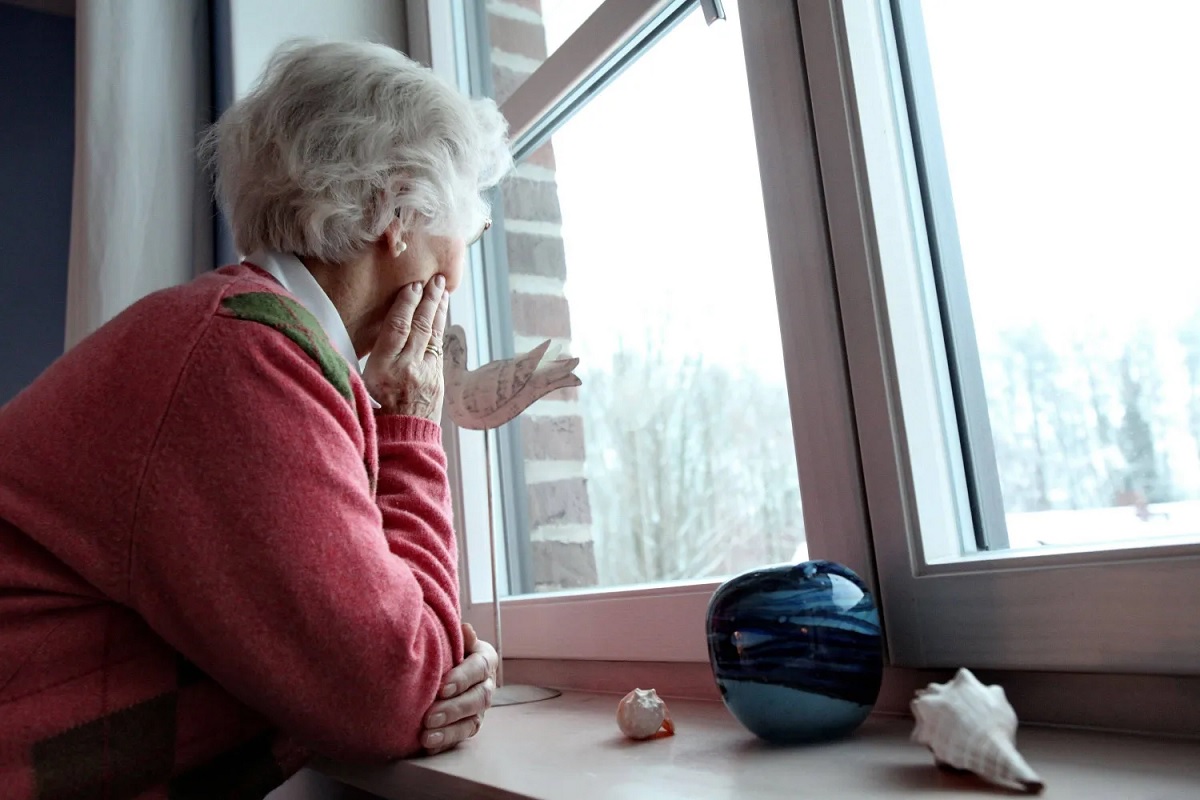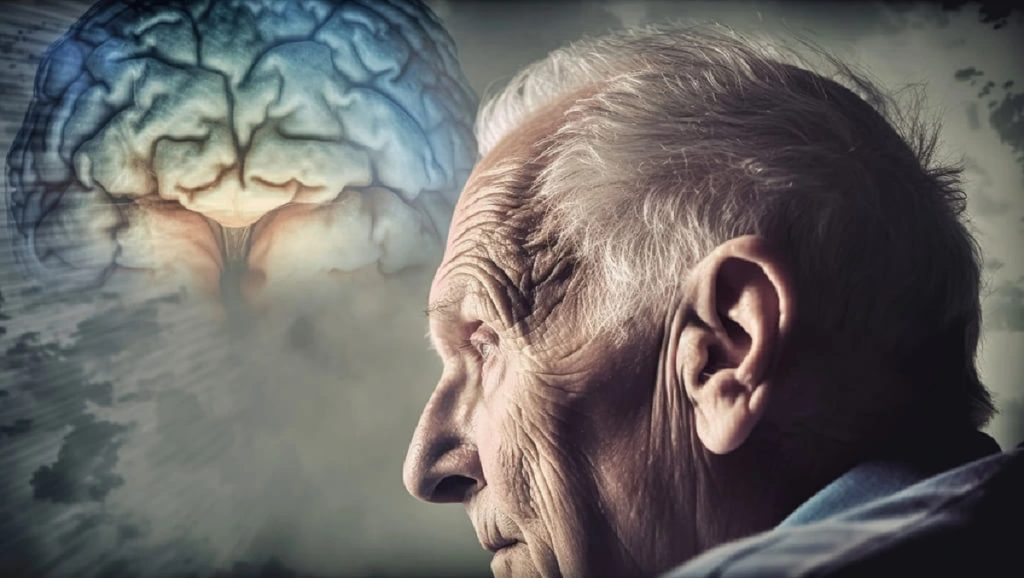When Is Forgetfulness Normal? Experts Explain Early Signs of Dementia and When to Act
Leading specialists in aging and brain health explain the difference between harmless memory lapses and symptoms that may point to dementia—and why early diagnosis matters.

Watan-According to The Guardian, many people worry about forgetting names and addresses, fearing it might be an early sign of dementia.
The article notes that while some memory lapses are normal, early intervention can reduce the risk of cognitive decline.
Four leading experts in aging and dementia offered insights into what’s considered normal, what should raise concern, and when to seek medical advice.
When Is Forgetfulness a Normal Part of Aging?
Karen Anstey, professor of psychological science and director of the Aging Futures Institute at UNSW Sydney, said: “We all slow down a bit and become more forgetful with age—this happens even in youth and adolescence.”
She explained that common complaints include the “tip-of-the-tongue” phenomenon or misplacing items like phones or car keys. It’s also normal to take longer completing tasks.
Amy Brodtmann, neurologist and head of the Cognitive Health Initiative at Monash University in Melbourne, noted that our processing speed naturally declines with age, which can be frustrating—especially for high-functioning individuals.
“I often see patients who say, ‘I just can’t do what I used to do,’ and that’s perfectly normal,” she added.

Michael Woodward, a geriatrician and head of dementia research at Heidelberg Repatriation Hospital, explained that occasionally forgetting where you left your keys isn’t alarming. However, frequent incidents—like leaving the stove on overnight or the tap running—could be more serious.
Dr. Desmond Graham, a geriatrician and medical director at an aged care center in Sydney, warned that early language issues—such as mixing up words or struggling to find the right ones—could be red flags for dementia.
For example, Woodward noted that confusing your children’s names is normal, but consistently forgetting some of your grandchildren’s names might be concerning.
Brodtmann highlighted that getting lost in familiar places can be a defining sign of Alzheimer’s. If someone forgets a close friend’s death or repeats stories frequently in a single conversation, it could point to serious cognitive issues.
Anstey also mentioned that such forgetfulness can stem from distractions or conditions like ADHD, not necessarily dementia.

What Causes Forgetfulness?
Anstey listed many reasons why healthy individuals experience memory lapses—from sleep-deprived mothers to stress-related cognitive fog. COVID-19, chemotherapy, sleeping pills, and chronic stress are all contributors.
Being forgetful doesn’t directly increase dementia risk, but it may hinder early recovery. Moreover, high-functioning individuals may experience subtle early cognitive decline that’s hard to detect through standard tests, delaying diagnosis.
When to Seek Help
Graham said only about 1 in 10 people with mild cognitive impairment develop full-blown dementia, and early intervention—like better nutrition and exercise—can help reduce that risk.
All experts recommended consulting a general practitioner—or preferably, a geriatrician—if memory concerns arise, especially if others notice changes too.






